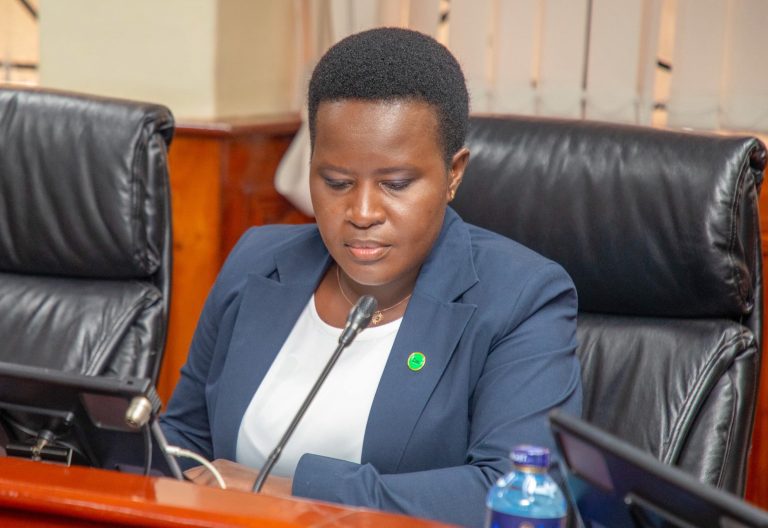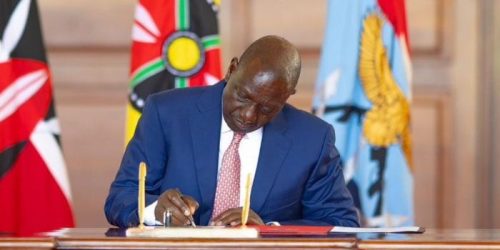Okenyuri decries rising femicide, urges immediate action and justice for victims

Nominated Senator Esther Okenyuri has strongly condemned the alarming surge in gender-based violence and femicide in Kenya, urging both government and society to break the silence and take urgent action.
In a post on X on Friday, May 30, 2025, Okenyuri described gender-based violence and femicide as systemic evils deeply rooted in silence, subservience, inequality and impunity.
“Gender-based violence and femicide are not isolated cases, they are intertwined at the hip. One is often the culmination of the other,” she said.
“Let’s not normalise abuse, or systems that shield perpetrators from justice. For every life lost, let it remind us that justice delayed is justice denied.”
The Senator emphasised that this fight is not a battle between women and men, but a collective struggle to protect the dignity and lives of all Kenyans.
“This is not a fight of women against men,” she said.
“It is a collaborative effort, a national responsibility. We must stand together for peace in our society.”
Cases rising rapidly
Her remarks come at a time when Kenya is grappling with a disturbing spike in femicide cases.
According to data from the Kenya National Bureau of Statistics, cases of gender-based violence have risen by 40 per cent over the past five years, with femicide forming a significant part of the reported cases. Police reports indicate that more than 90 women have been killed in femicide-related incidents in the last three months alone.
Global crisis reflected
A separate report by UN Women revealed that in 2023 alone, at least 51,100 women globally were victims of femicide, more than half at the hands of intimate partners or family members.
Kenya has not been spared. By February 2025, the Presidential Technical Working Group on Gender-Based Violence and Femicide had already documented over 170 femicide cases across the country. The task force, led by former Deputy Chief Justice Nancy Baraza, was appointed by President William Ruto in January 2025 to respond to the growing crisis.

The task force estimates that gender-based violence is costing the country close to KSh40 billion annually in healthcare, legal costs, lost productivity, and social support systems.
Action, not rhetoric
While Kenya has policies and laws aimed at addressing GBV, the task force noted weak coordination and enforcement at both the national and county levels. They also highlighted the lack of safe spaces for survivors, especially in underserved regions.
“Some counties have established rescue centres, but others like Migori still lack such crucial facilities,” the group noted in a recent update.
“We will recommend that resources be directed to counties to build these centres and strengthen survivor support systems.”
As the country continues to reel from the loss of innocent lives, Senator Okenyuri’s call serves as a stark reminder that the fight against gender-based violence requires more than rhetoric; it demands sustained political will, public accountability, and a collective national conscience.













